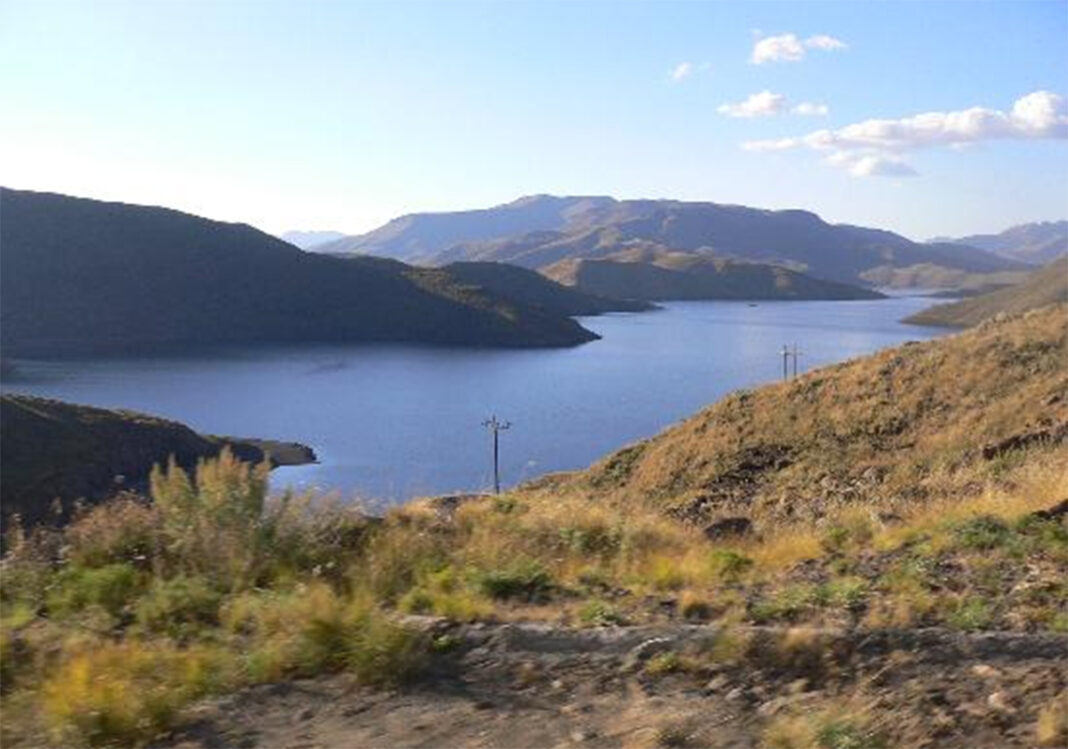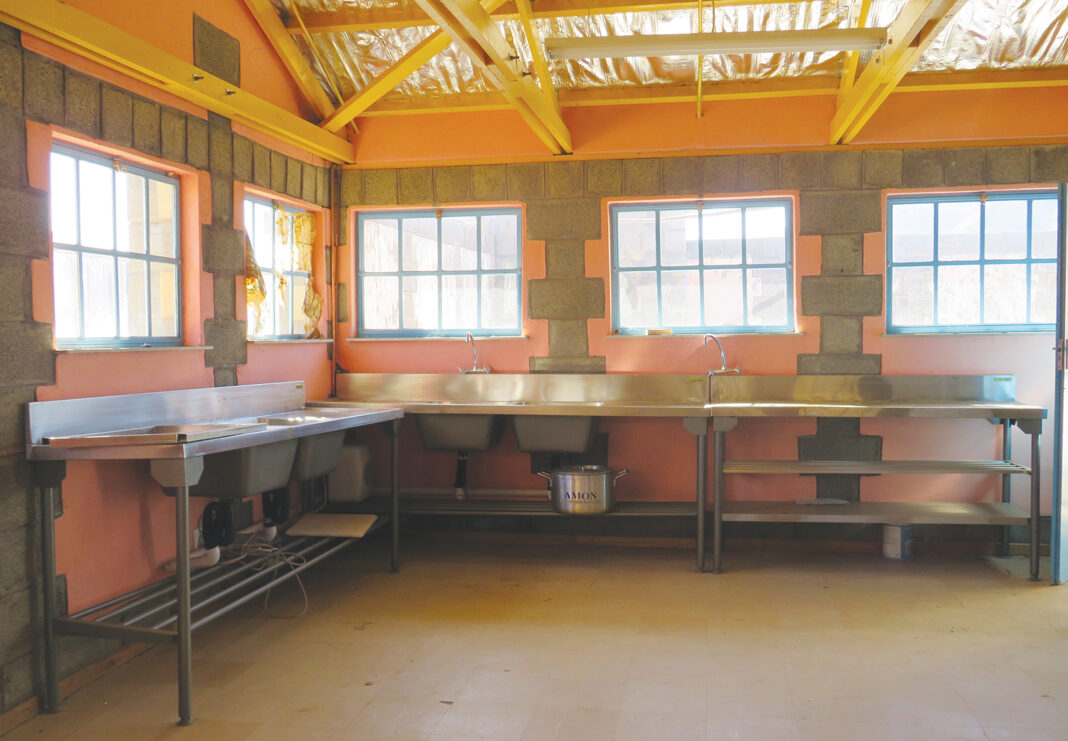By Majirata Latela
The heart of improving the poor water and land management lies in sound integrated catchment management which if fully implemented and mainstreamed into the economy, would ameliorate the worst impacts of droughts and improve the livelihoods of the rural population that makes up a significant proportion of the society.
This has led to an urgent need to take all steps necessary to formalise and institutionalise integrated catchment management programme (ICM) resulting in the launch of such a programme known as “ReNoka – We are a River”
The ICM is geared towards measures to guarantee water quantity and quality in the entire catchment such as protection of sources of water, buffering of run-off and water quality. It also includes measures to satisfy demand, such as water for irrigation, industrial use and household consumption.
Managing water as an economic good is an important way of balancing its competing uses and achieving its equitable, efficient and sustainable utilization while encouraging its conservation and protection.
Speaking at the launch of the ReNoka programme, the minister of water, Nkaku Kabi observed that while water is life Lesotho was blessed with abundant resource for its people and the people. He said the resource is also supplied to other neighbouring countries.
“The most important issue with this gift from God is preserving the environment which provides us with water. The programme ‘We are a river’ simply means when a big river flows there are many tributaries that flow into it.
“So the Integrated catchment management has been built with different ministries such as the ministry of agriculture and food security, ministry of forestry, soil conservation and land reclamation, ministry of local government and chieftainship, ministry of tourism, environment and culture. We are all going to work together because we are all stakeholders in this endeavour,” Kabi told the meeting.
Talking on behalf of Basotho living outside of the country business tycoon James Motlatsi observed it was everybody’s responsibility to care for the environment because water is becoming scarce. This, he said, would guard against climate change that negatively affect human population.
“Our catchments areas are the ones that should be mostly taken care of because that is the source of water. Lesotho is one the sources of water for other African countries that’s the reason why the catchments should be taken care of.
“Many people in Lesotho have their lives depending of agriculture and water is the only source that can help them increase their production. Water helps us to grow food for our animals for drinking. We know that many people in the rural settings benefit from the sale of wool and mohair. If we grow healthy animals we will also have more and quality wool and mohair to sell,” he said.
At the event, the Principal Chief of Matsieng, Seeiso Bereng Seeiso told the ministers and officials that the environment “cannot be taken care of from the offices,” adding that proper planning should be implemented on the ground.
He urged that livestock herders play crucial role in range and catchment management and encouraged that they be offered opportunity to participate in the programme.
“Shepherds are a very important part in this programme. They should be developed through education so as to be able to protect the environment,” he explained.
“I am pleased to see many people now taking stock of the role of the livestock herders for their inclusion in the protection of the environment. The protection of the environment should be everybody’s business.
“By everyone I also include chiefs; they have to be part of the planning and execution of the programme because the land that we are taking care of is found in their villages. The programme will need security and chiefs can only do that if they are made to be part of the activity,” Seeiso noted.
Seeiso warned that the current laws on conservation of the environment are old and have lost value and advised for their review.
“Money is now not helping us take care of the environment because nowadays when people have let their animals graze on the rangelands, they pay very little as penalty for grazing on protected rangelands. The laws which talk about saving our environment should be reviewed with urgency,” he articulated.
The prime ministerr Dr Moeketsi Majoro went all the way to regret an abandonment of environmental protection, saying that has taken too long for action. He said climate change was contributing to a damage on the environment while some people are involved in inappropriate land use.
“The other factor that also puts the environment at risk is the decisions that we take towards the environment. We have been watching the land get degraded for years and we as the leaders of the country need to take responsibility upon ourselves for regression.
“Our rangelands and graze lands and also our wetlands are the ones that produce water and if they are not taken care of, we will not get good production in farming. If we change the way we live we can be able to repair the damage that has been caused on our environment and we can only do so if our leaders play their role in leading the communities in this activity,” Majoro emphasised.
He added strongly: “We as the nation are benefiting from the water that comes from the wetlands, we have also heard that the wetlands also provide water for other countries, we have also heard that in the future nations will fight for water. I am happy to hear that shepherds also have associations on taking care of the graze lands and the environment at large.”
King Letsie III was upbeat that the kingdom was blessed with mountains from which water sources flow and called for concerted efforts to protect the wetlands from advers practices that damage them.
He said caring for the country’s wetlands would result in production of clean water for the good health of the Basotho people who quench their thirst.
He remarked that Lesotho was benefitting from the Lesotho Highlands Water Project as the neighbouring South Africa pays royalties for water supplied from the highlands.
The money sourced from the royalties, he added, contributed to the national budget.
The project was assisted into implementation by the German’s GIZ.
Deputy Head of Mission – German Embassy, Pretoria South Africa, Dr. Rüdiger Lotz said the launch of ReNoka is to celebrate Lesotho’s “White Gold” – its water resources and river systems that flow from the highlands all the way to the Atlantic Ocean. He said water is a source of human life in both Lesotho and the entire southern African region.
“Our Basotho partners wisely chose the name of this programme and citizen movement to restore and sustainably manage Lesotho’s land and water resources, together. The name instils the principles of collaboration, interconnectedness and shared leadership.
“What our experience shows is that the restoration of land and water and the sustainable management of Lesotho’s river catchment is possible. A future of increasing degradation, floods and droughts in Lesotho’s catchments is not inevitable.
“Through ReNOKA , by bringing people together to be the custodians for their environment– through application of policies, joint planning, education and awareness, and by implementing the right measures based on sound evidence – these river catchments can provide for Lesotho’s agriculture and economic development, while fostering the resilience of Basotho from the impacts of a changing climate,” Lotz concluded.









